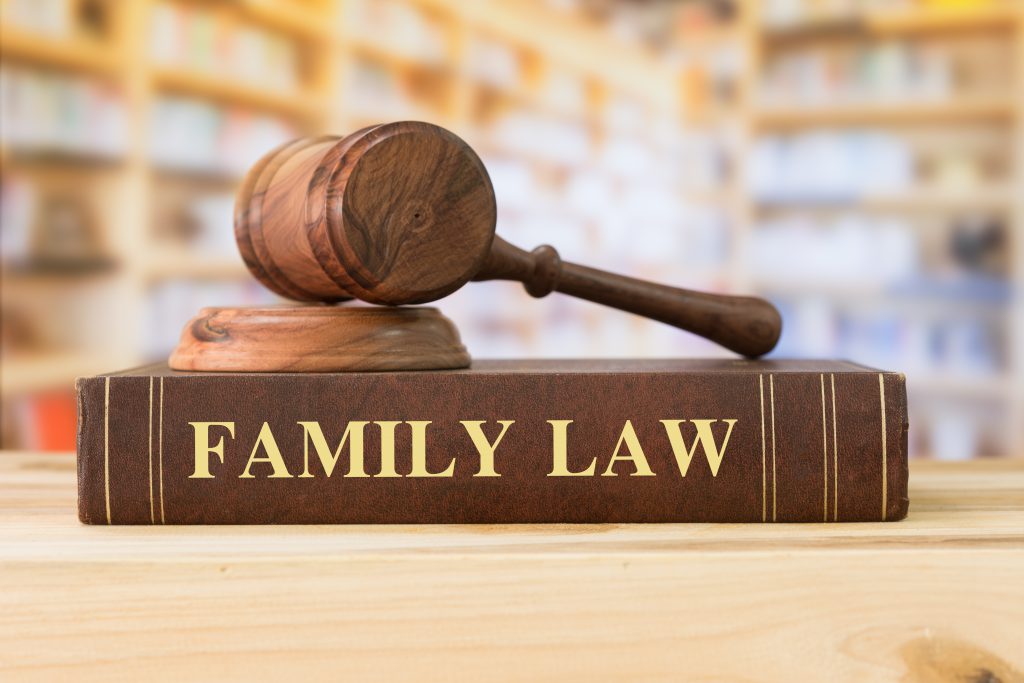Tolerated in certain countries (including Portugal and Belgium), prohibited in others (such as France), surrogacy has entered public debate in recent years, as its modern practices pose ethical questions regarding children’s rights, more specifically with respect to the child’s best interest. So, to better understand the current questions around this issue, Humanium is here to give you an overview of this evolving topic.
What is surrogacy?
Facilitated by the evolution of medical techniques and by the movement of people, surrogacy is increasingly practised throughout the world. It involves the use of a surrogate mother, that is, a woman who carries a child for a couple to whom the child is given at birth. Several situations may explain the use of this practice (homosexual couples, infertility, etc.).

Risk of child-selling
Unfortunately, the evolution of surrogacy has revealed commercial practices involving the risk of selling children (child trafficking) when the child is given to the intended couple.

In 2018, the UN Special Rapporteur on the Sale and Sexual Exploitation of Children told the Human Rights Council (The Human Rights Council discusses the right to privacy and the sale of children, 2018), that “surrogacy for commercial purposes shall be considered the sale of a child, as defined in the Optional Protocol to the Convention on the Rights of the Child on the Sale of Children.”
Prior to that, the Special Rapporteur stressed that “strict legislation based on human rights is essential to ensure that surrogacy is not akin to selling children.” It is thus evident, as raised by the Special Rapporteur, that there is an international void in the regulation of surrogacy, particularly commercial practices, with regards to respecting the rights of the child.
What are the recommendations?
For better compliance with the rights of the child, and specifically the optional protocol that deals with the sale of children, the Special Rapporteur listed the key recommendations that must be respected:
- Adopt clear and comprehensible legislation that prohibits the sale of children in the context of surrogacy;
- Strictly manage any surrogacy carried out for commercial purposes;
- Ensure the interests of the child are the primary consideration in every judicial decision regarding filiation or parental responsibility in the case of surrogacy;
- Ensure the protection of the rights of the child, both in private international law and public international law;
- Protect the right to identity and access to origins, and cooperate at the international level to avoid statelessness.
Surrogacy: legislation still in the making
Although legislation about surrogacy it still only in its infancy, it is important to advocate now to protect the rights of children born using this practice, and to influence legislators to incorporate a child-rights approach, that is, by respecting the Convention on the Rights of the Child, as well as the Optional Protocol to the Convention on the Rights of the Child, on the Sale of Children, Child Prostitution and Child Pornography.

Humanium commits daily, through its advocacy, to protect children’s rights, even for unborn children, so that they can enjoy all their rights. Our teams are therefore committed to covering various issues such as health, poverty, discrimination, exploitation, etc. This applies to any legal issue, whether related to surrogacy or to any other area regarding children and their rights. For all these issues, our Helpline team is here to assist and guide you.
Lastly, our team has a local presence in Rwanda as well as in India, a country where commercial surrogacy is particularly practised, but which is in the process of regulation (India prepares to ban commercial surrogacy, 2019). In order to support the protection of all children, and to assist our advocacy work and projects, please consider making a donation to us.
Written by Eddy Malouli
Translated by Anna Carthy
Proofread by Sharon Rees
Bibliography
L’Inde s’apprête à interdire la GPA commerciale (2019, Août 14).


